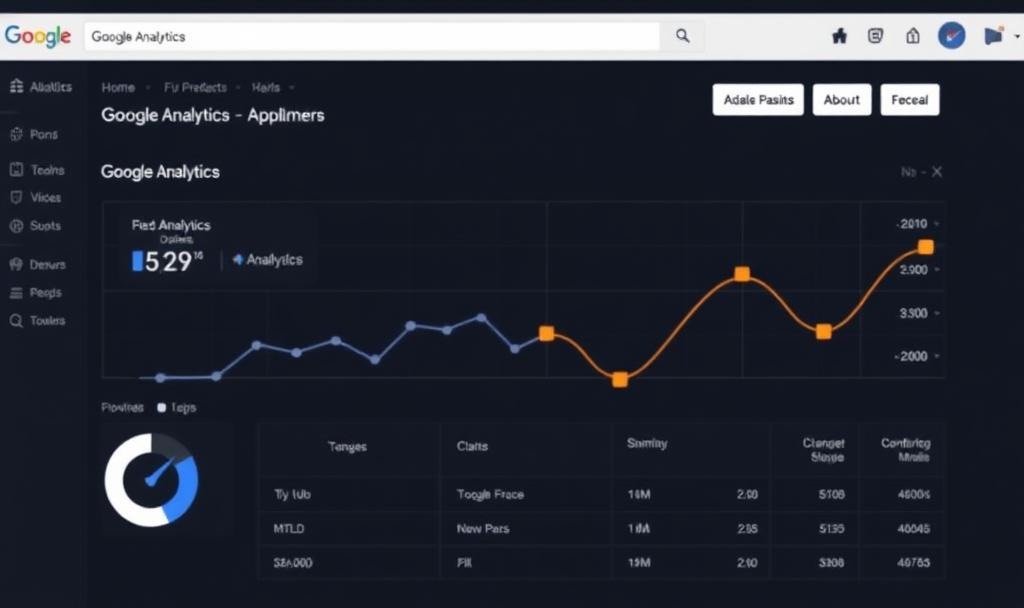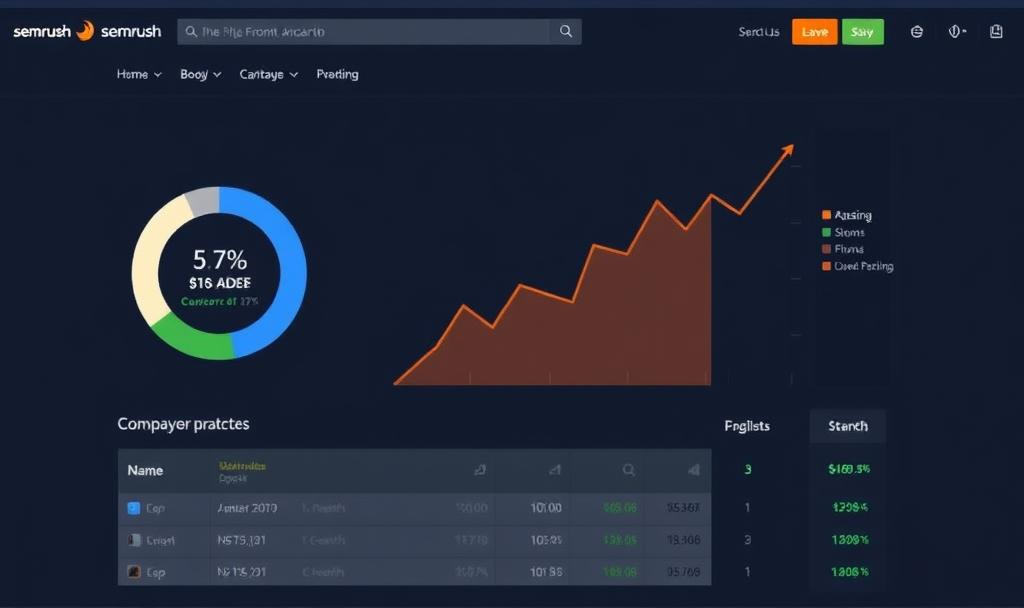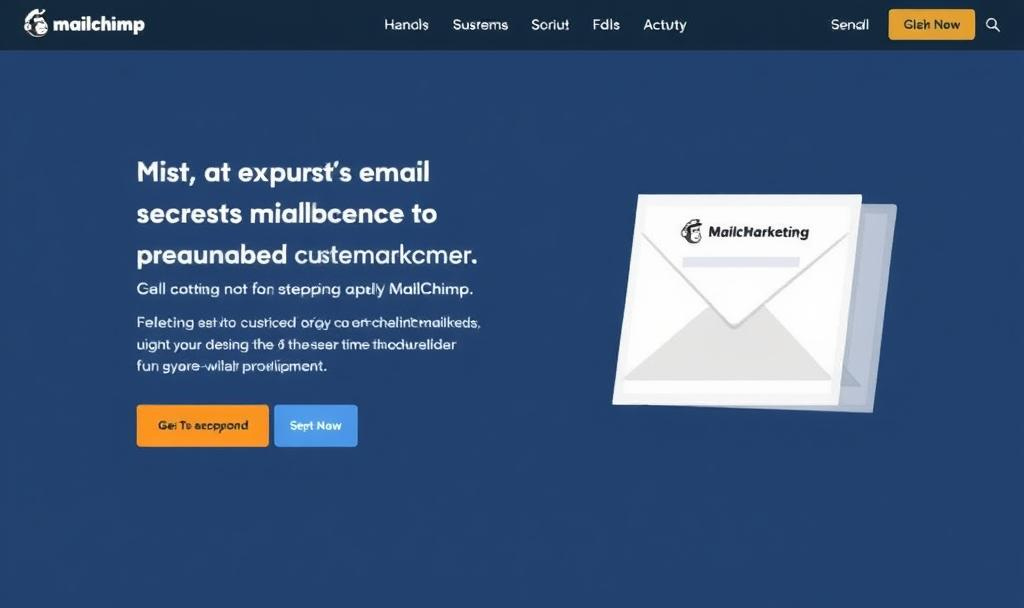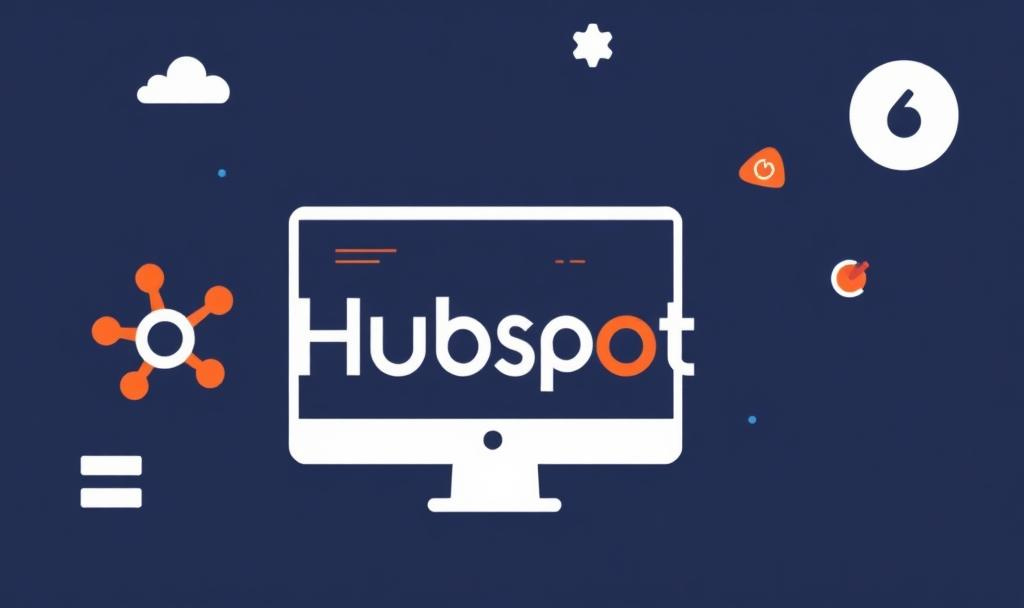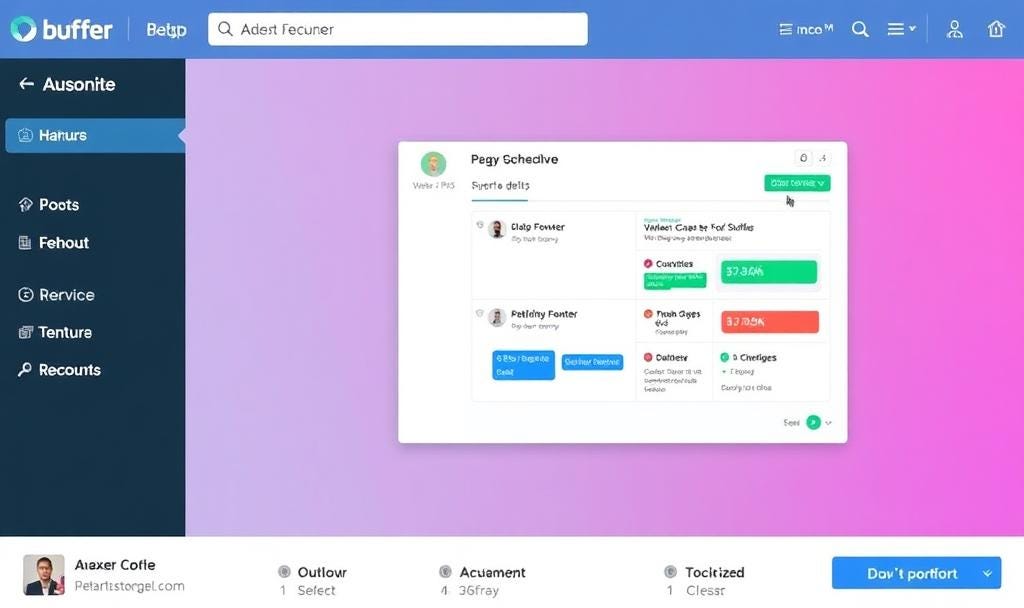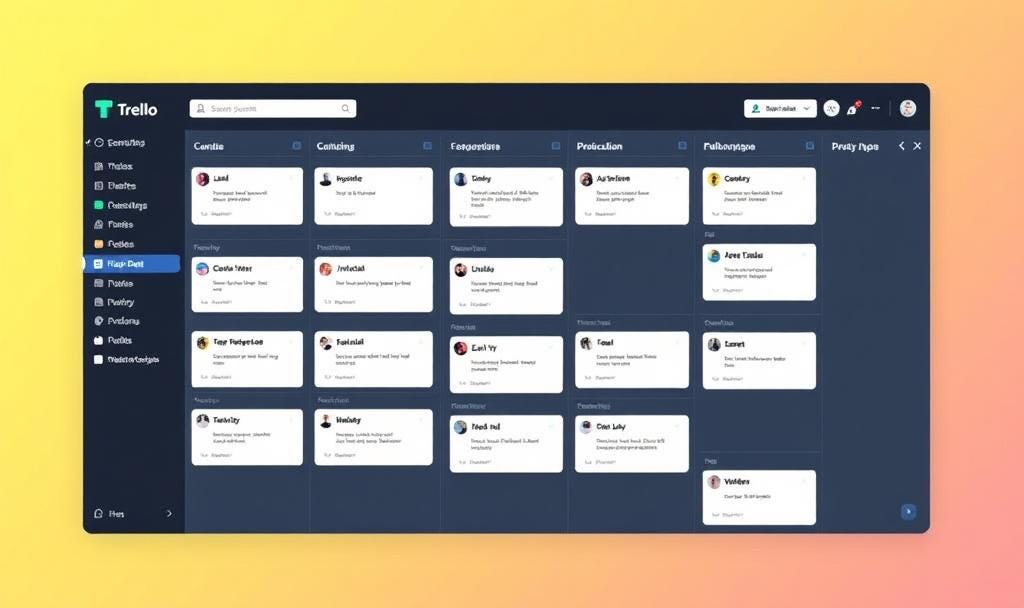Top 11 Digital Marketing Tools for Small Businesses: Boost Your Online Presence
Discover the Best Tools to Streamline Your Marketing Efforts, Save Time, and Grow Your Business
In today’s competitive digital landscape, small businesses need every advantage they can get to stand out and thrive. With limited resources and budgets, leveraging the right digital marketing tools can make all the difference. These tools can help you streamline processes, save time, and achieve better results—whether you’re managing social media, optimizing your website for SEO, or running paid ad campaigns.
In this article, we’ll explore the top 11 digital marketing tools for small businesses that can help you elevate your online presence, attract more customers, and grow your brand.
Why Small Businesses Need Digital Marketing Tools
Small businesses often operate with lean teams and tight budgets, making efficiency and cost-effectiveness critical. Digital marketing tools can help you:
Automate repetitive tasks
Analyze performance data to make informed decisions
Improve collaboration among team members
Enhance customer engagement
Maximize ROI on marketing efforts
By investing in the right tools, you can compete with larger businesses and achieve your marketing goals without breaking the bank.
Top 11 Digital Marketing Tools for Small Businesses
1. Google Analytics
Best for: Tracking website performance and user behavior
Google Analytics is a must-have tool for any small business with an online presence. It provides valuable insights into your website traffic, including:
Number of visitors
Bounce rates
Conversion rates
User demographics
Behavior flow
With this data, you can identify what’s working, spot areas for improvement, and make data-driven decisions to optimize your website and marketing campaigns.
2. SEMrush
Best for: SEO and competitor analysis
SEMrush is an all-in-one SEO tool that helps small businesses improve their search engine rankings. Key features include:
Keyword research
Site audits
Backlink analysis
Competitor analysis
Content optimization
By understanding what your competitors are doing and identifying high-performing keywords, you can create a winning SEO strategy.
3. Hootsuite
Best for: Social media management
Managing multiple social media accounts can be time-consuming. Hootsuite simplifies the process by allowing you to:
Schedule posts in advance
Monitor mentions and comments
Track social media performance
Collaborate with team members
With Hootsuite, you can maintain a consistent social media presence without spending hours online.
4. Mailchimp
Best for: Email marketing
Email marketing remains one of the most effective ways to reach and engage your audience. Mailchimp offers:
Easy-to-use email templates
Automation workflows
Audience segmentation
Performance analytics
Whether you’re sending newsletters, promotional offers, or personalized messages, Mailchimp makes email marketing simple and effective.
5. Canva
Best for: Graphic design
Creating visually appealing content is essential for capturing your audience’s attention. Canva is a user-friendly design tool that allows you to:
Create social media graphics
Design infographics
Develop presentations
Produce marketing materials
With its drag-and-drop interface and extensive library of templates, Canva is perfect for small businesses without a dedicated design team.
6. HubSpot
Best for: CRM and inbound marketing
HubSpot is a powerful platform that combines customer relationship management (CRM) with marketing automation. Key features include:
Lead tracking
Email marketing
Social media management
Analytics and reporting
HubSpot’s free CRM is particularly beneficial for small businesses looking to manage customer interactions and nurture leads effectively.
7. Buffer
Best for: Social media scheduling
Buffer is another excellent tool for managing social media accounts. It allows you to:
Schedule posts across multiple platforms
Analyze post performance
Engage with your audience
Buffer’s intuitive interface and affordable pricing make it a favorite among small businesses.
8. Yoast SEO
Best for: WordPress website optimization
If your website runs on WordPress, Yoast SEO is a must-have plugin. It helps you:
Optimize content for target keywords
Improve readability
Generate XML sitemaps
Monitor technical SEO issues
Yoast SEO ensures your website is search engine-friendly, helping you rank higher on Google.
9. Google Ads
Best for: Paid advertising
Google Ads allows small businesses to run targeted pay-per-click (PPC) campaigns. With Google Ads, you can:
Reach potential customers searching for your products or services
Set your own budget
Track campaign performance in real-time
When used strategically, Google Ads can deliver a high ROI for small businesses.
10. GoHighLevel
Best for: All-in-one marketing and sales automation
GoHighLevel is a comprehensive platform designed to streamline marketing and sales processes for small businesses. Key features include:
CRM and Pipeline Management: Track leads and manage customer relationships efficiently.
Marketing Automation: Automate email campaigns, SMS marketing, and follow-ups.
Website and Funnel Building: Create high-converting landing pages and sales funnels without coding.
Reputation Management: Monitor and respond to online reviews and feedback.
Analytics and Reporting: Track campaign performance and measure ROI.
GoHighLevel is ideal for small businesses looking for an all-in-one solution to manage their marketing and sales efforts seamlessly.
11. Trello
Best for: Project management and collaboration
Trello is a visual project management tool that helps teams stay organized. Features include:
Customizable boards and cards
Task assignments and deadlines
File attachments
Integration with other tools
Trello is ideal for small businesses looking to streamline workflows and improve team collaboration.
How to Choose the Right Tools for Your Business
With so many options available, selecting the right tools can be overwhelming. Here are some tips to help you decide:
Identify Your Needs: Determine which areas of your marketing strategy need improvement (e.g., SEO, social media, email marketing).
Set a Budget: Look for tools that offer free plans or affordable pricing for small businesses.
Check Reviews: Read user reviews and testimonials to gauge the tool’s effectiveness and ease of use.
Test Before Committing: Take advantage of free trials or demos to see if the tool meets your requirements.
Conclusion
Investing in the right digital marketing tools can empower your small business to compete in the digital age. From SEO and social media management to email marketing and project collaboration, these tools can help you save time, reduce costs, and achieve better results.
Start by evaluating your current marketing efforts and identifying areas where tools can make the most impact. With the top 11 digital marketing tools for small businesses listed above, including the powerful GoHighLevel, you’ll be well-equipped to take your online presence to the next level.





